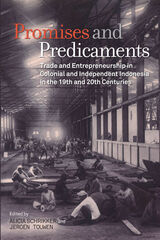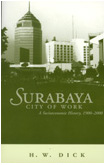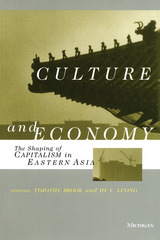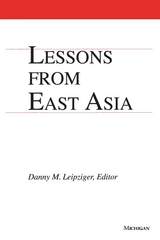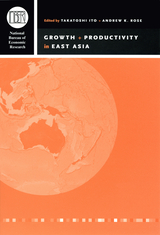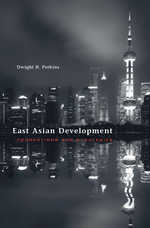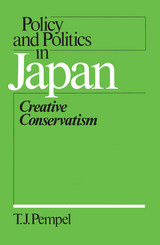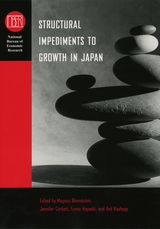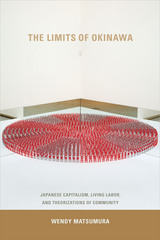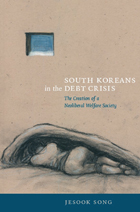Poverty, Equality, and Growth: The Politics of Economic Need in Postwar Japan
Harvard University Press, 1999
Cloth: 978-0-674-69475-0 | Paper: 978-0-674-00958-5
Library of Congress Classification HC465.P6M55 1999
Dewey Decimal Classification 338.952009045
Cloth: 978-0-674-69475-0 | Paper: 978-0-674-00958-5
Library of Congress Classification HC465.P6M55 1999
Dewey Decimal Classification 338.952009045
ABOUT THIS BOOK | REVIEWS
ABOUT THIS BOOK
In striking contrast to the large indigent population in Japan in the 1950s, very few Japanese live in poverty today. This book explains the Japanese government's decision to respond to poverty by promoting equality as the basis for a social compromise. Milly argues that to account for why and how political actors crafted a program that won acceptance, we must look beyond them and identify how they relied on knowledge and normative arguments. This book straddles theoretical fault lines in comparative politics by exploring the interactions among choice, language, knowledge, and institutions in policy processes, and has implications for the ongoing debate between proponents of rational choice theory as a universal explanation for the decisions of political actors and those who focus on historically or culturally specific conditions.
See other books on: Economic assistance, Domestic | Equality | Growth | Income distribution | Poverty
See other titles from Harvard University Press

